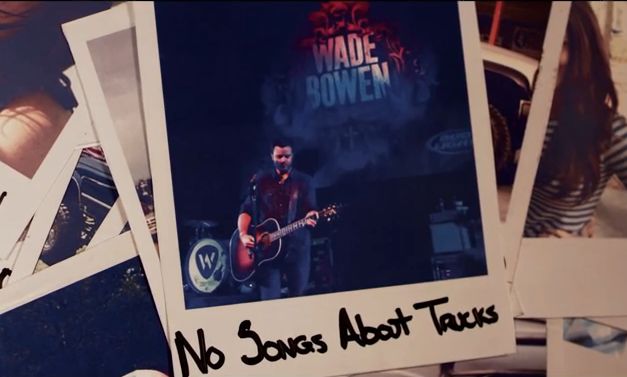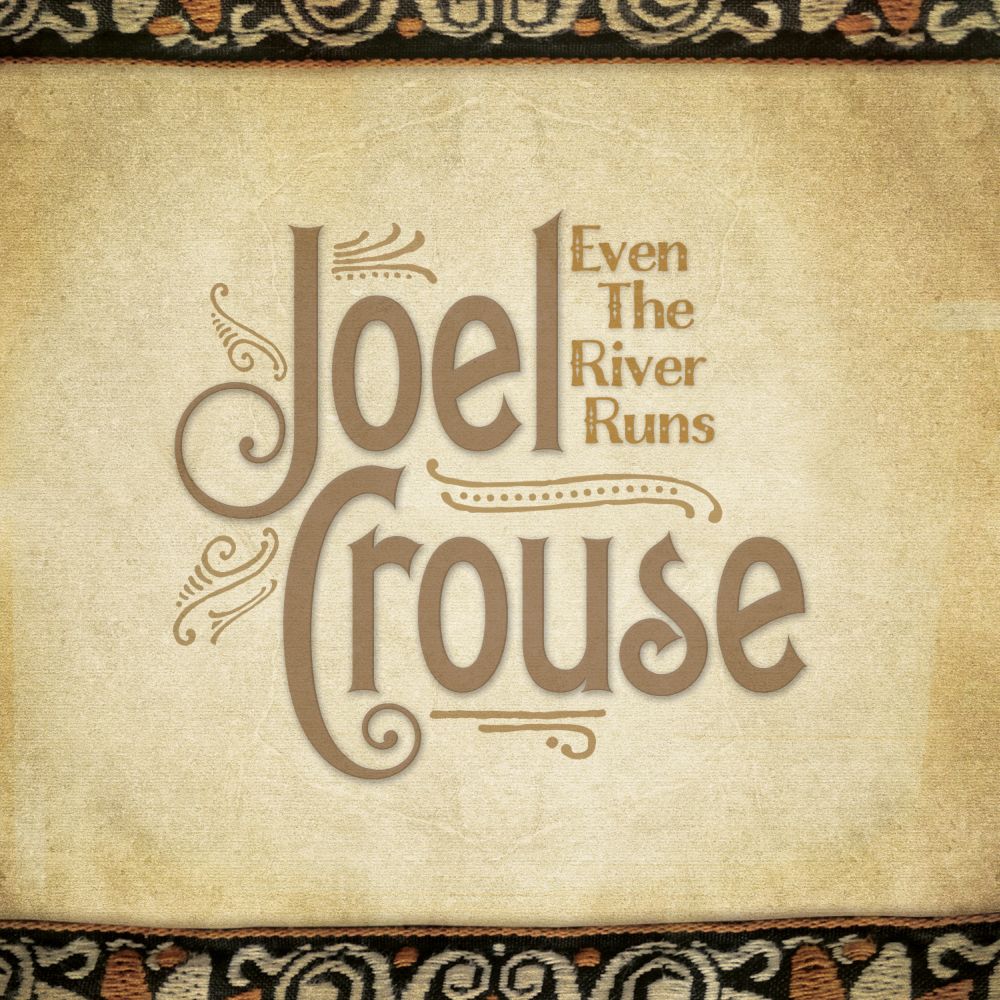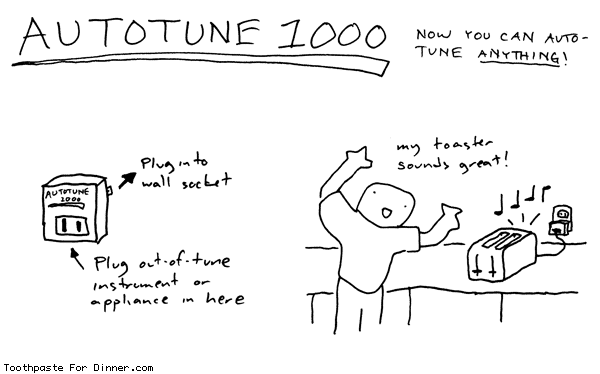LRM Interview – Rhonda Vincent: "Bluegrass puts a joy in your heart!"
10 years ago Liv Carter 1

Rhonda Vincent‘s new project, Only Me, is an even split between bluegrass and country music. We chatted about the album in a Music Row studio and covered a whole range of topics.
LRM: You credit ‘When the Grass Grows Over Me’ with being the inspiration for this project.
Rhonda Vincent: We were on the Grand Ole Opry the night after George Jones passed away, and they asked everyone to sing a George Jones song. He’s kind of the common thread that runs through entire project. I selected that song and as we were singing it, it occurred to me how fun it would be to do a country music project. We’ve been on Country’s Family Reunion singing country music songs like ‘Beneath Still Waters,’ and we can’t do a show now without that song being requested. People often ask us “Can I buy that, is it on a CD?” and it wasn’t. So, while I’m singing that song, I was thinking about this and thinking about all the songs that we could do. At the time, we were getting ready to do a bluegrass CD and I thought maybe we could do half-and-half. We cut six country songs and then did the six bluegrass songs.
LRM: Has that blend always seemed natural to you?
RV: I grew up in a musical family and made my first recording when I was five years old. There was this wide variety of music being played by my parents, aunts, uncles, cousins. It was considered country music and I never really understood the distinction with bluegrass. I then ended up touring the world with my family and as I got to be a teenager people said “Your voice is so country, you should be in country music.” A couple of years later, I met James Stroud and he signed me to Giant Records, and here I am in country music doing a couple of CDs. As soon as we recorded, they brought me into the office and they said “Can you get the bluegrass out of your voice?” I was very confused, I didn’t hear a distinction, I didn’t understand what they were talking about. George Jones defined it for me and he probably never knew this. I guess that was like my musical college years, learning from the best of the best here in town. I then put my first band together on my own. We started playing festivals and opened shows for George Jones. Our first one was in Salem, VA. When we came off stage, they bought every CD we had in 15 min. I have never experienced anything like it since. They bought every CD and said “We love your country music.” And finally I thought “It’s the perception of the listener!” After that, I got comfortable with who I am and I really didn’t worry about it anymore. Now, we do bluegrass shows and country shows and the only difference is the instrumentation. This project is an illustration of that.
LRM: Did it feel like the logical thing to split them apart or would it have worked to intermingle them?
RV: I played it safe. If someone is a traditionalist and bluegrass they might not want to hear the country songs, and if they’re into traditional country music they might not want to hear the bluegrass. It was an added expense of maybe 50 cents to create the separate disk.
LRM: One of the things that struck me when I first listened to it, from those first notes of ‘Busy City,’ I got a smile on my face.
RV: Oh, I love that! [smiles]
LRM. It’s just that banjo line comes on and it just feels great. What do you think it is about that type of music that feels like it so full of life?
RV: I think it’s just the role that banjo plays. Bluegrass just brings a smile to your face, it puts a joy in your heart. It’s just so joyful and like you say, full of life. It makes me happy to listen to it too. [smiles]
LRM: You mentioned ‘Busy City’ is the story of your life?
RV: [laughs] I grate the day with 50 or 100 things to do and knowing I’m only going to get 20 of them done. My life is always busy.
LRM: I am one of those people who thinks that there is never enough Daryle Singletary of the world
RV: Oh yes! [laughs]
LRM: Was it always the plan to include him on this project?
RV: The whole thing kind of evolved as it went on, we had to see what would work for each of the songs. I sing on many of Daryle’s albums and we sing together at the 45 RPM at The Station Inn. I love his voice and I love singing with him. I always wanted to do ‘We Must Have Been out of Our Minds,’ and I wanted to do with Daryle but I had to pick the right project to included it on. And to make it unique, I didn’t want to do the obvious and take a country song and sing a duet with Daryle Singletary. I wanted to do something different so I thought “let’s put him on the bluegrass side.”
LRM: Did you record together or did he send in the tracks?
RV: He stopped by my studio. It was during CMA week and he came in about eight o’clock at night. He told me later that he thought he’d be there about an hour. [smiles] What we had to do was first sing it for about an hour, because we had never sung this before. We went in to listen to it and it wasn’t right, and he went “we’re gonna need to go back in there, aren’t way?” There’s just something particular about the phrasing of that song. He said “I’ve been hearing this for years, I thought I knew it,” and I said “I did to!” When we got started singing it was a whole different ballgame. He’s coming in to the record release party, and I told him “we better get together and practice. Do you remember the experience of the studio?!” [laughs] It was very surprising to both of us. We were so familiar with the song and so familiar with the singers, and it still challenged us quite a bit.
LRM: What made it challenging, was it to switch from being a listener to a performer of the song?
RV: Yes, definitely. You know George, he would hoooooooold a note out there and then drag it back. It was the intensity, there is a lot of push-and-pull on that. And though we thought we’d sang it really great at first it was like oh my goodness what if we done.
LRM: You mentioned you wrote ‘Teardrops Over You’ when you were 16. Did you do any editing to the song in the meantime?
RV: No, that’s exactly as it was written. Actually, I forgot about it for years and years.
LRM: Do you still recognize the person who wrote that, does it still feel like it’s your songwriter’s voice?
RV: Yes! I vividly remember writing that song. I wanted to sing it like George Jones. [smiles] There are some George notes in the second verse. I sang it so much and then I forgot about it, it’s crazy.
LRM: Did you record the two sets of songs separately?
RV: Yes, we did all the country songs first, and then recorded the bluegrass songs.
LRM: You produced the project. Did you feel you had a different approach for both genres?
RV: Both genres are really familiar to me, so I knew the sound I wanted and how to achieve it. My husband often says “a song is a song and it’s all the same,” but I said “that is not right.” Singing is breathing, and what I found is that when I was singing the vocals I could not go from a country song to a bluegrass song. You have to sing them differently, for whatever reason. I would’ve been singing a bluegrass song. I had to tell him I had to change my breathing before I could go into the other songs. Somehow they do not sing the same and it was really hard to go from bluegrass to country. So I said that we had to work on either one or the other.
LRM: How does that blend work in live shows?
RV: I thought it was the same, but it is evidently not. And I’m not really sure about that, because I only became conscious of it during this project. I think it might be a tempo thing to. When we sing ‘Beneath Still Waters’ on stage, I think it might be a little bit faster. Bluegrass has a tendency to move a little bit because it’s not locked in to a drumbeat.
LRM: The audience for bluegrass has widened quite a bit over the last couple of years. I know several people who would say “I don’t really like bluegrass,” and then I would go “hey, here’s some Punch Brothers,” and they would love it. It feels like the genre itself finally allowed in more diverse sounds. How do you look at that from the artist side?
RV: Yes, I do see that, especially when we have a new project. People would sample it online and they come to me after a show and say “I just discovered your music.” I think that’s thanks to the Internet, you never know what they’re going to discover. But there is definitely a wider demographic at my show. I had one lady tell me “I can’t wait to hear you play and my granddaughter can’t wait to see what you’re gonna wear.” [smiles] I think it might also be generational. I don’t think my dad would be listening to Punch Brothers. But I think for my band, we’re going to appeal to both grandpa and the younger kids. And I think it might come from country music too. The first time a lot of people saw me was in music videos on CMT. There is a lot of overlap. Like on this project, Willie Nelson fans do not know who I am but because he’s on this record, his fans might check it out. Working with other artists introduces you to their fans too.
LRM: Country has diversified into pretty extreme way in a short amount of time. Can you imagine something like that happening the bluegrass, or do you feel that the bluegrass roots are so strong that the traditional sound will always dominate?
RV: I think with the New Grass Revival, we probably already went through this. It was one of the most extreme progressive pushes.
LRM: Yes, and that band’s influence all happened in a very short amount of time too.
RV: It was a complete change and very fast. But I think bluegrass will always lean toward traditional. My father would never want to listen to something non-traditional, but he never prohibited us from learning it or listening to it. From Fly through the Country, I slowed it down on the record player and learned every Sam Bush mandolin break on that album. Then when we got to our bluegrass show, I would go “how do I incorporate this into our music?” Our dad always gave us this opportunity to experiment. And I mean bar nothing. He always said “if you want to try drinking, okay, we’ll try it together.” It amazes me now but it’s the way our life was, so I thought everybody else’s was like that. [smiles] He said “you want to try something, bring it home. You wanna try drugs? Bring them home and we’ll try it together.” Now, I don’t smoke, drink or do drugs, and I never wanted to. But it was never forbidden.
LRM: I know what you mean. [smiles] I grew up in Europe in a country that has essentially no age limit on alcohol, and now alcohol is not interesting to me because it was always available.
RV: See! Don’t you think when it’s forbidden, kids want it more?
LRM: Do you see it going as far as rap being incorporated, and we’ll call it, I don’t know, rap-grass?
RV: [laughs] Who knows at this point? I doubt it would mix though. Bluegrass has a certain way about it and it is not exactly, how shall I put it, wholesome. [smiles]
LRM: Yeah, not really… [smiles] RV: I would kind of love to do that, but it’s not a wholesome atmosphere. And honestly, I think bluegrass would never accept it, it would be offensive to many.
LRM: You know, I never considered that. I was just thinking about the sonics, and I didn’t consider that you’re not just bringing in a style of music, you would be bringing in a culture.
RV: We’ll have to wait to see if it happens. [smiles]
LRM: Thanks for your time this afternoon.
RV: Thank you so much! This was great!
Liv Carter
She holds several certificates from Berklee College of Music, and a certificate in Positive Psychology from UC Berkeley.
Her main influences are coffee, cats, and Alexander Hamilton.
Latest posts by Liv Carter (see all)
- Well yes, racism, but it’s more complicated - February 13, 2017
- Black River Entertainment had a great reason to party! - October 25, 2016
- Keith Urban returns to the States for US arena leg of his “ripCORD WORLD TOUR 2016” - October 10, 2016




Pingback: Rhonda Vincent Introduces Willie Nelson to the Bluegrass #1 Spot | Little Rebellion Music()